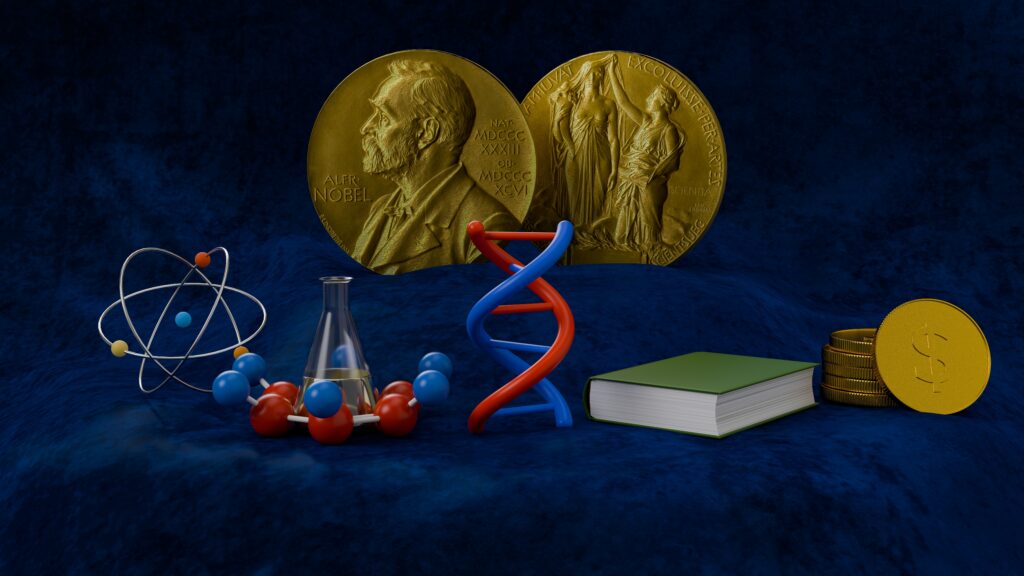Three scientists have won the 2025 Nobel Prize in Medicine for explaining how the immune system avoids attacking the body.
Mary E. Brunkow, Fred Ramsdell, and Shimon Sakaguchi share the award “for their discoveries concerning peripheral immune tolerance.”
The prize, announced in Stockholm, comes with 11 million Swedish kronor, about £871,400.
Only Sakaguchi answered his phone. “We have their numbers, but they’re probably on silent mode,” said Nobel secretary Thomas Perlmann.
Their research focuses on T-cells — white blood cells that defend against infections and cancer but can also cause autoimmune diseases.
Sakaguchi discovered that certain T-cells, marked by the protein CD25, act as regulators that stop harmful immune attacks.
“These are the brakes of the immune system,” said Prof Adrian Liston from the University of Cambridge.
Brunkow and Ramsdell later found that a gene called FoxP3 is vital for these regulatory T-cells. Mutations cause severe autoimmune disorders.
Sakaguchi confirmed FoxP3’s key role, proving it controls the formation of regulatory T-cells and the body’s self-tolerance.
“Without these cells, autoimmunity and allergy would be far more common,” Liston said.
Researchers now hope to use these discoveries to treat disease.
“Trials aim to boost regulatory T-cells for autoimmune diseases or organ transplants,” said Prof Marie Wahren-Herlenius.
In cancer treatment, scientists take the opposite route — blocking these cells so the immune system can attack tumors.
“This discovery reshaped modern immunology,” said Prof Danny Altmann of Imperial College London. “It was only a matter of time before it was rewarded.”


